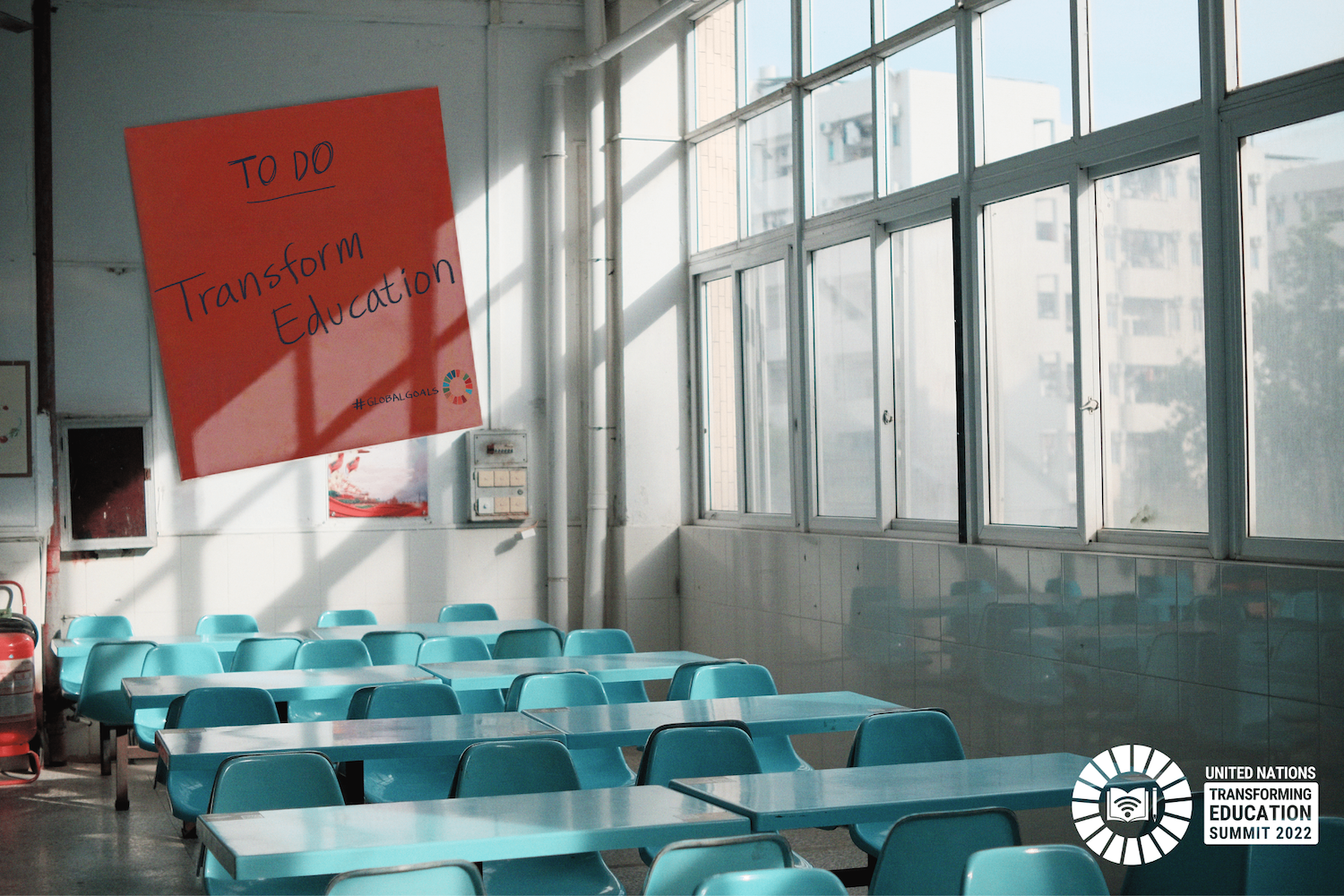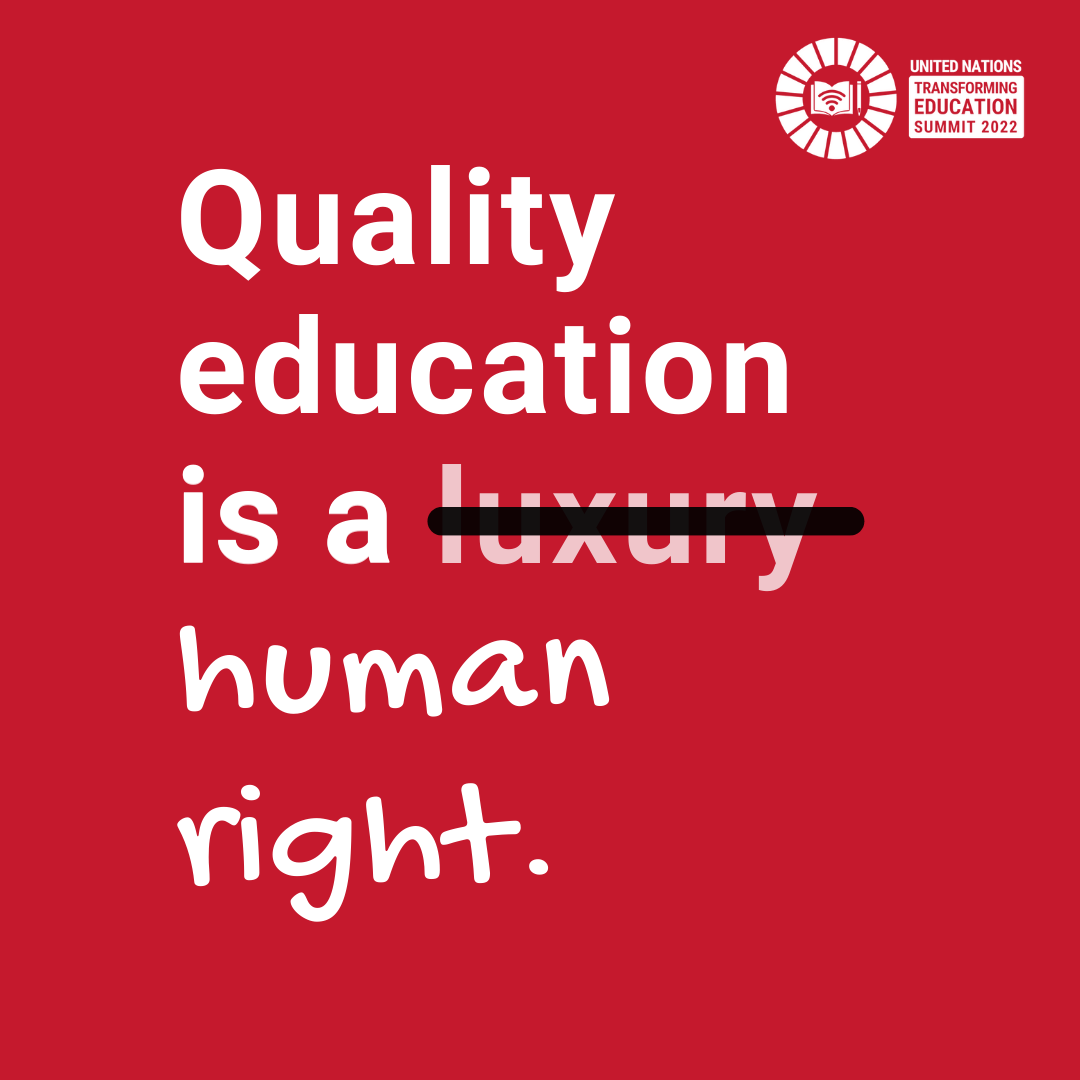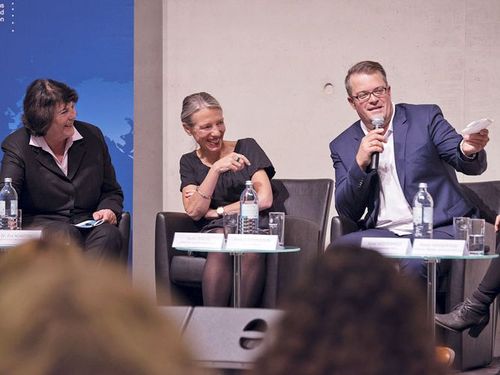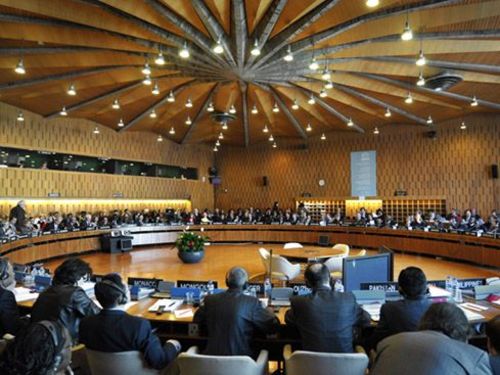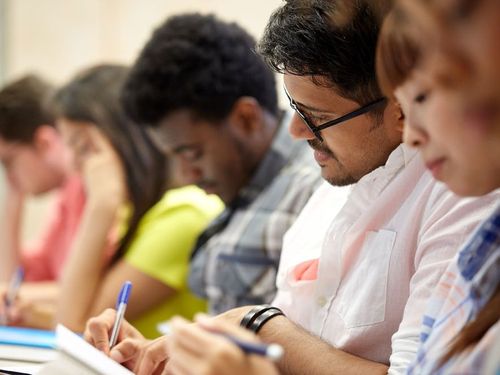Transforming Education Pre-Summit
What are the key elements for transforming education in line with the UN Sustainable Development Goals (SDGs)? More than 150 education ministers explored this question at a pre-summit in Paris - in preparation for the Transforming Education Summit in New York in September.
Education ministers and vice-ministers of 154 countries and nearly 2000 participants came together at the UNESCO headquarters in Paris to discuss transforming education.
The Pre-Summit, a precursor to the Transforming Education Head of State-level Summit, convened by the UN Secretary-General in New York this September comes after more than two years of the most massive disruption in learning in recorded history, brought on by the COVID-19 pandemic. It serves to support a global breakthrough to more sustainable, peaceful futures, as called for in the report on Our Common Agenda.
It sets out to tackle both the education loss and the profound structural flaws of education systems worldwide. Halfway to the deadline to meet the 2030 Sustainable Development Goal on Education, participants were adamant the world must not only get back on track but transform education from the ground up – shift from reforming to transforming education. They focused on the key axis of inclusivity, quality of learning, teacher’s role, digital connectivity, and adequate and innovative financing.
UN Deputy Secretary-General Amina J. Mohammed called on youth to rally towards building a global movement at country level for education transformation.
UNESCO Director-General, Audrey Azoulay, called for a revolution in education – especially in response to the issues of digital transformation and climate change.
The High-Level Steering Committee (HLSC) responsible for global coordination and monitoring of SDG 4, will be expected to follow up on actions beyond the Summit, including contributing to the education dimension of the Summit of the Future in 2023. Co-chaired by the President of Sierra Leone and UNESCO’s Director-General, the HLSC issued an urgent call to Heads of State and Government to push education to the top of the political agenda.
Actions
Strategies to ensure digital learning and expand connectivity ran through the dialogues, in the wake of the reliance on technology during the COVID-19 that further exposed inequities. In sub-Saharan Africa alone, only 43% of the population has access to the internet. Countries shared initiatives in the making to build crisis-resilient school systems by providing devices in Egypt, Ethiopia, Ghana, Kenya, Senegal, and South Africa, as well as developing low resource apps for literacy.
Supporting teachers to become facilitators and guides for a new way of learning was also recognized as a key imperative for reimagining education systems. In the leadup to the Pre-Summit, the Asia-Pacific Regional Education Ministers Conference listed the development of a highly skilled generation of teachers as a key element of achieving its priority to transform education and education systems, outlining the need for policies to attract skilled teachers.
Dialogues placed emphasis on improving the fundamentals of learning and on the question of life-long learning, through to the full spectrum of educational needs and priorities. In Latin America and the Caribbean, focus has been on recovery in learning, which includes the reintegration of children and young people who left/are out of school, the establishment of early warning systems for assisting and identifying at-risk students, as well as developing policies to serve people with unfinished schooling.
Financing
Financing for education has long been in crisis, and this was an area marked as urgent across all dialogues, compounded by the additional costs of lost learning.
Significant emphasis was placed on expanding the revenue base for education, by stepping up action on taxation, debt pressures and other challenges, particularly facing developing countries.
The European Union provides more than half of official development assistance on education worldwide with the Commission deciding to increase its budget on education from 7 to 13%.
Outlook
Governments are urged to prepare for the September 2022 Summit, where Heads of State and Governments will announce their national commitments to transforming education. The outcomes of the Summit will feed into the Summit of the Future, a major milestone in the advancement of Our Common Agenda.
Links
